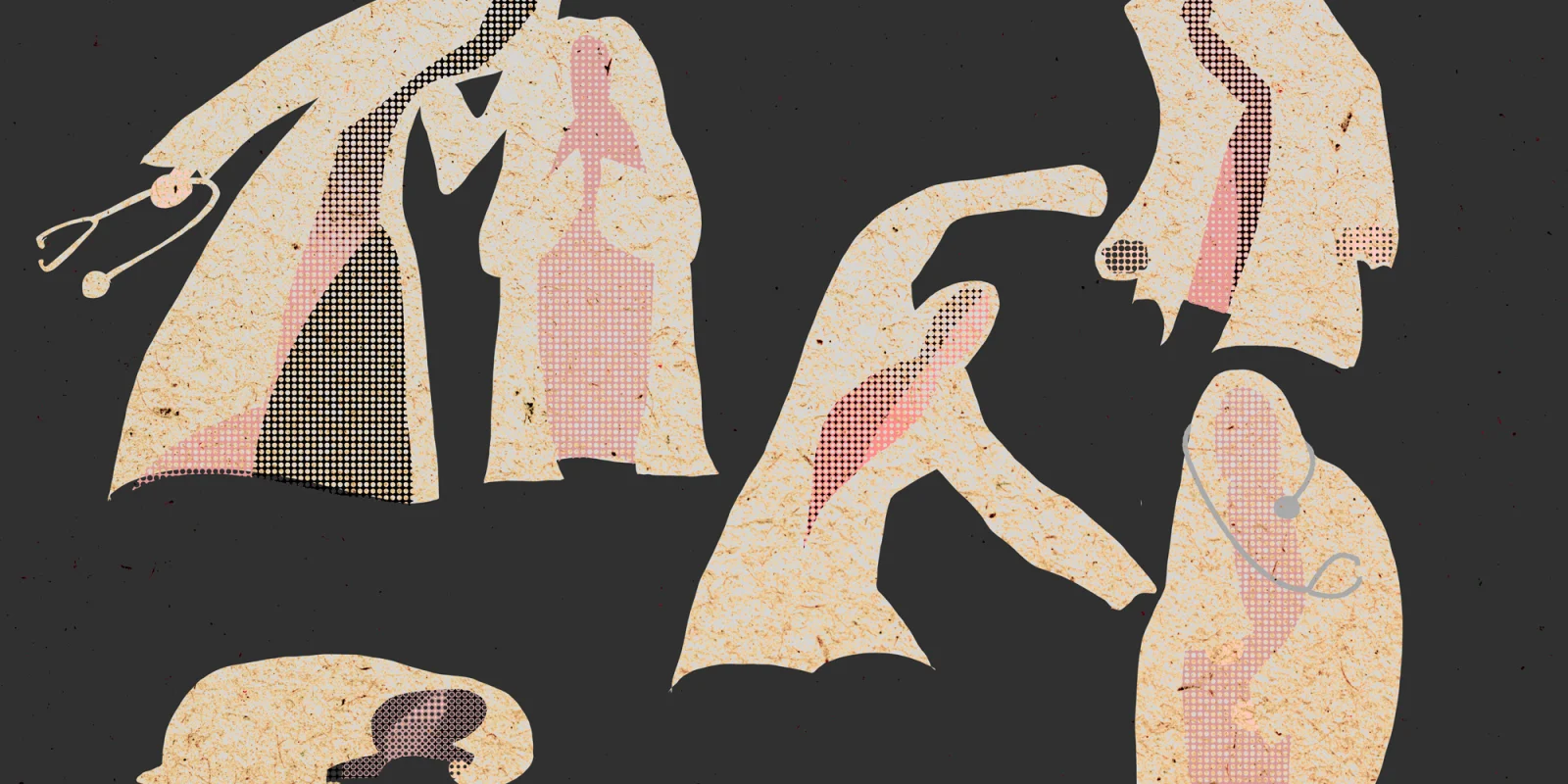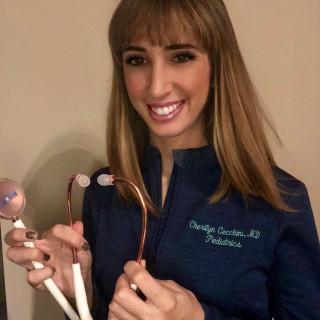
“The beatings will continue until morale improves.” That is the motto of a current fellow at one of the top hospitals in the country.
This person has asked to remain anonymous given the potential for negative consequences and retaliation by the program. I completely understand this request. I have heard the horrors firsthand about resident physicians and fellows attempting to speak up about problems within the program only to be completely shut down by program leadership. This is a massive issue within medical training and it needs to be addressed immediately. But how?
It is nearly impossible to start a conversation about the poor working conditions of a hospital as a trainee in a large, academic institution given the risk of retaliation by the program. This fellow described it well in saying, “It’s all about power. Who has it and who doesn’t. We have learned to keep our mouths shut and just take the abuse. When a few of us tried to speak up earlier in the year, there was severe retaliation. It’s all about making the trainees the [scapegoat] because we have no power to fight back. They can ruin our careers and we can’t do anything to refute it. Given our lack of power, we’re not adults at all, we’re just… slaves.”
Are you all nodding your heads in agreement? Are you shaking your heads because of the absolute tyranny currently taking place in residency and fellowship programs across the nation? Are you gasping because you are in utter shock and totally naïve to this possibility? Are you disagreeing because you happened to attend a program that allowed you to have a voice?
My reaction was one of total agreement and understanding. I have witnessed trainees attempting to speak up about problems within a program only to have the tables turned and the blame placed onto the trainee. Programs can request that trainees undergo psychological evaluations for almost any reason. Programs can then use this against the trainee and cite the psychological history if the trainee tries to speak up in the future.
The medical community is very small in that program directors often know one another and speak to each other about trainees. If a trainee unfairly earns a poor reputation at one program, it is likely to follow that person and may even prevent him or her from matching at another institution. Therefore, trainees will avoid speaking out even in the setting of abuse because of the power that programs possess over the trainee’s future career. Programs can effectively end the trainee’s career—putting years of education and financial investment to waste and leaving the trainee unemployed and with significant debt.
When asked about types of retaliation at this top program, the fellow stated, “In one meeting, someone from program leadership yelled at a fellow and made her cry. Evaluations have been worsening without actual evidence to support them. [They are using] the usual graduate medical education tricks to exert power over trainees. One of the fellows had to have those weekly ‘you suck’ meetings this year. They seemed to stop when the fellow stopped complaining. Our motto here is, the beatings will continue until morale improves.”
The fellow went on to describe the experience at this top program: “We get treated terribly here to an extent I’ve never seen before. This is the worst educational environment and most malignant place I’ve ever been at. This place does not tolerate trainees speaking up. I basically hide in the corner and keep my mouth shut. Other fellows have brought up concerns regarding duty hour violations, unsafe sign-out practice, work being dumped on the fellows. There has been significant retaliation against these fellows. This place does not protect its people at all. This is the worst training environment I’ve ever been in.”
Maybe the most concerning comment was this one: “This place just sucks. It treats the trainees terribly and [participates] in incredibly unsafe medical… practices that endanger patients every day.” How is it that academic hospital training programs are able to get away with this type of behavior? It is because no one oversees this institutions and they often have a lot of money, which equates to uncontrolled power.
I hope this is educational and revealing in a way that sparks the ACGME to wholly re-consider whether trainees are protected. Their website states, “The ACGME does not adjudicate disputes between individual persons and Sponsoring Institutions or residency or fellowship programs regarding matters of admission, appointment, contract, credit, discrimination, promotion, or dismissal of faculty members, residents, or fellows.” Well, given everything I’ve just shared here, maybe they should.
I write this in an effort to start the conversation that so desperately needs to be had by everyone in medical education. I want to encourage residents and fellows to speak up about their experiences, so we can continue to expose institutions for their mistreatment of trainees. Maybe in the future we will be able to actually name the institutions without losing our careers. For now, I am writing this to give trainees everywhere a voice and to end the silence on trainee abuse.
Illustration by Jennifer Bogartz







